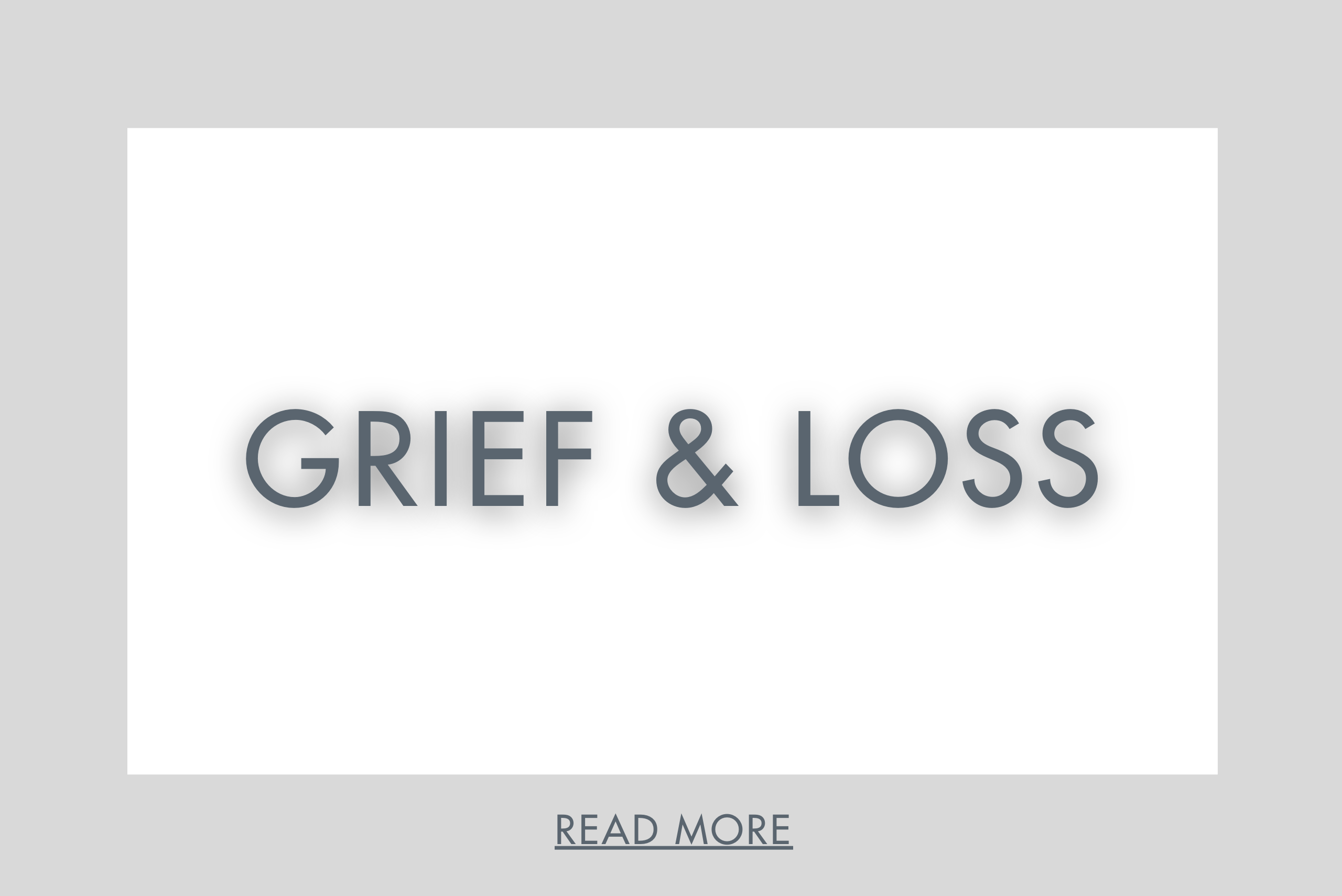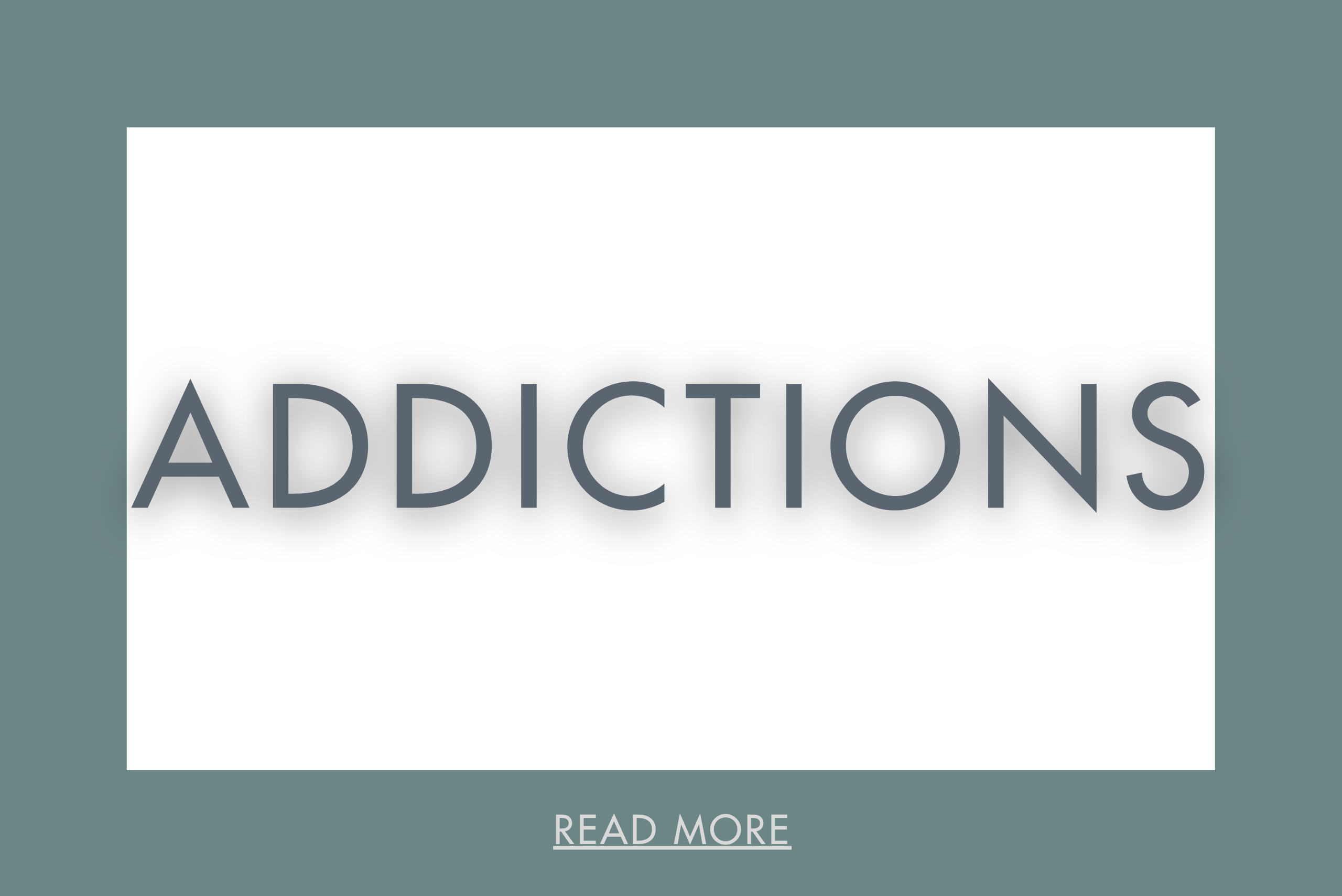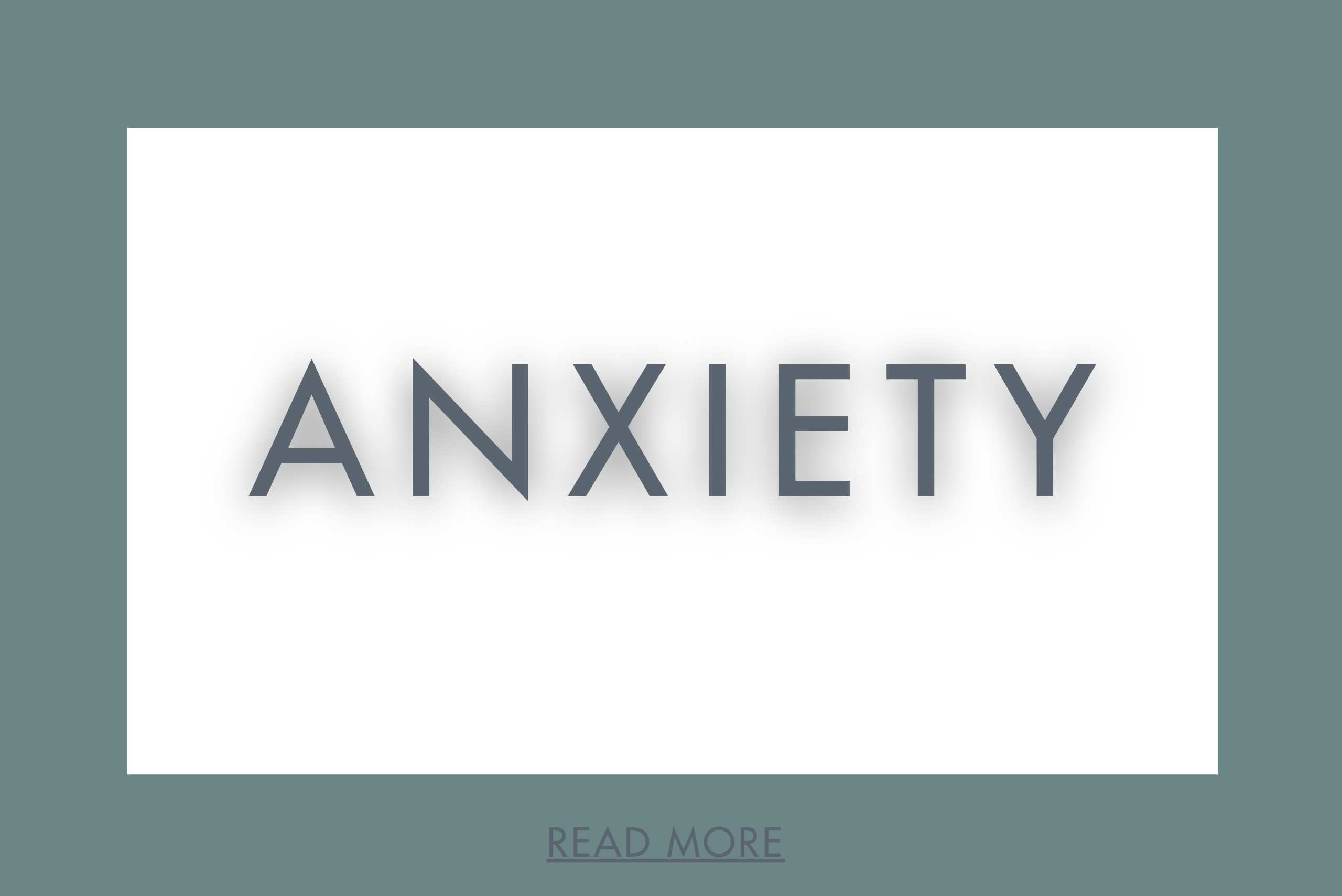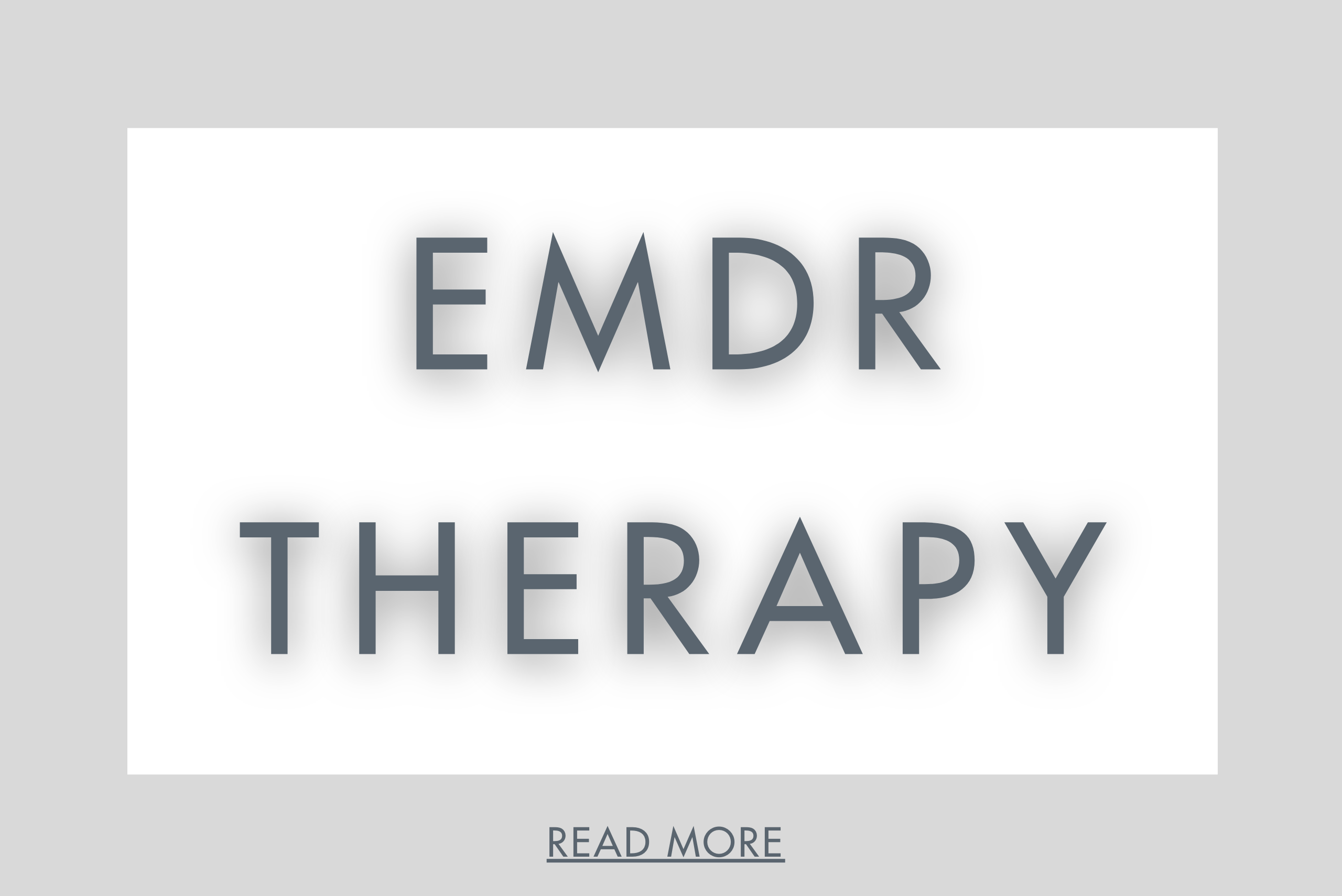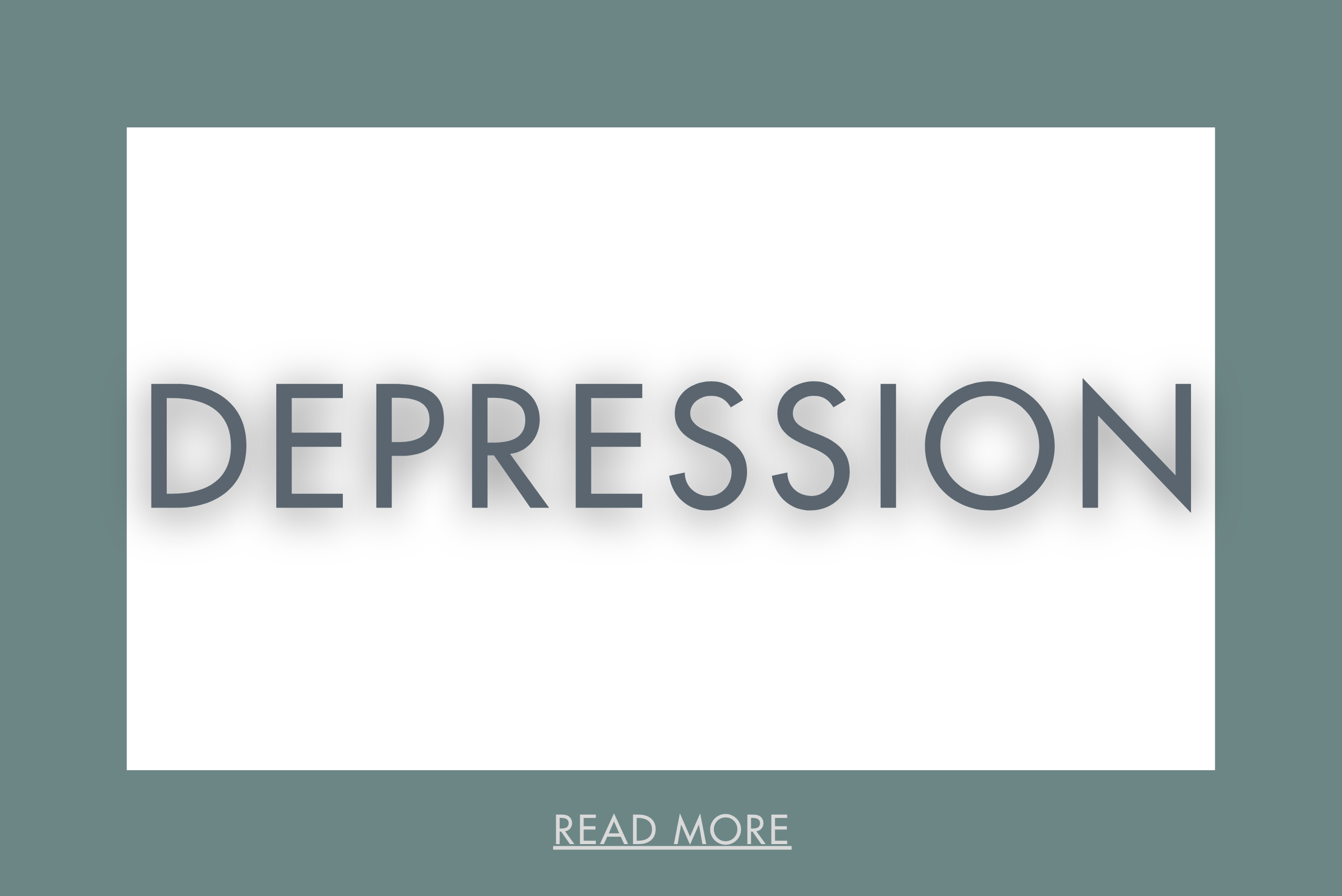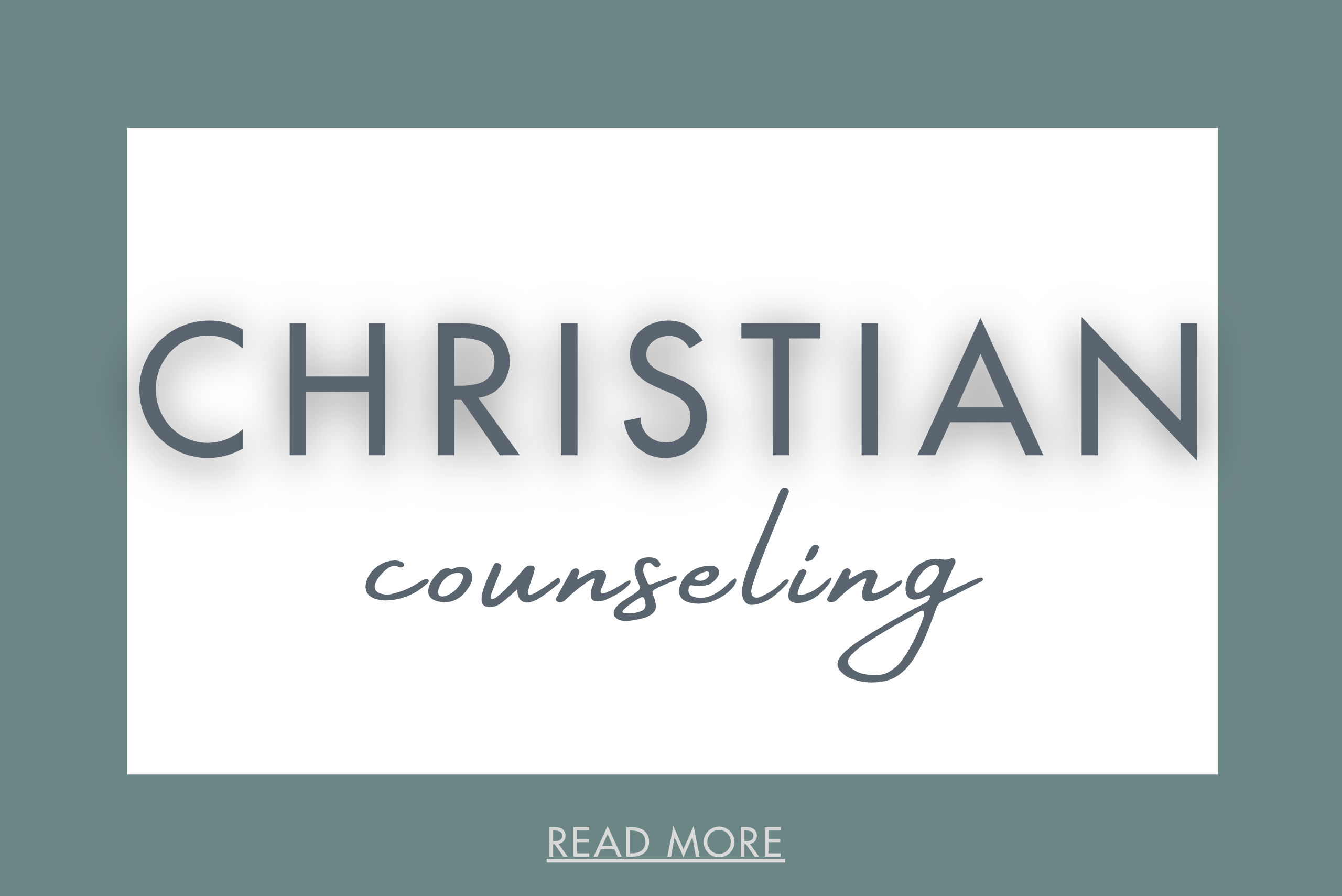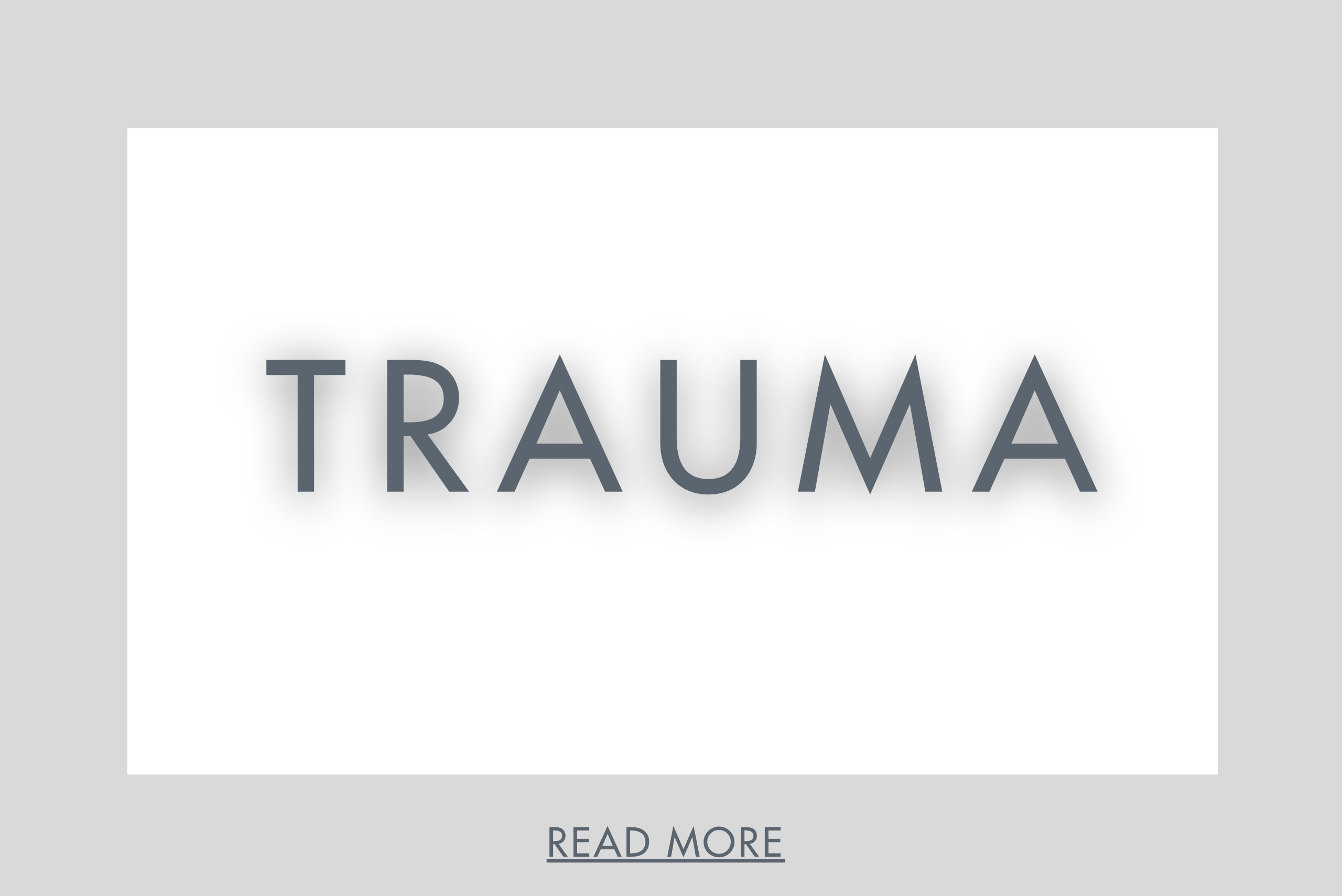counseling for addictions, substance use and abuse, or experimentation, compulsive, and sexual behaviors
Substance-Related & Addictive Disorders
“We’re addicted to our thoughts, we cannot change anything if we cannot change our thinking.”
There are so many things that one can be addicted to. Yet, it often seems that addiction to thoughts, feelings, or behaviors all serve similarly the same way as a means to an end to an individual’s underlying pain.
Whether you are in recovery or find yourself unhappy with your current use of any given substance, our addiction trained therapists work with you to understand the underlying issues that may have led to an “addiction.” Our goal is to support individuals in exploring their relationship with these substances, thoughts, or behaviors to increase their definition of “quality of life. ”

What is a “Substance-Related & Addictive Disorder?”
The everyday terminology of “addiction” is known by providers and those within the mental health community under the umbrella of Substance-Related and Addictive Disorders.
Simply put, addictions can be described as any substance or drug taken in excess or behavior performed excessively. However, both share a commonality in activating the reward systems of an individual’s brain.
What causes an Addiction?
In other words, there is not just one sole cause of an individual’s addiction. This is because anything that can activate the “feel good” part of our brains or produce a feeling of pleasure, also known as a “high” (over time), can impair certain parts of the brain’s natural functioning.
These impairments in one’s brain can trigger an underlying change, which can often be seen through an individual’s repeated relapses or intense cravings for a specific substance, drug, or behavior or the need to consume more significant amounts (and) over more extended stretches.
What are the various types of addiction?
- Substance addictions
- Non-substance addictions
At Your Story Counseling, we have a team of professionals who specialize in supporting individuals with substance use and non-substance (behavioral) addictions. To learn more about our team, visit the link in the “Our Therapist” section below.
Symptoms of addiction may look like…
- A lack of control or inability to reduce usage on their own even though they’ve expressed a desire to
- Engaging in harmful/addictive behaviors despite the negative impacts they may have on an individual’s physical or personal life.
- Revolving daily activities or thoughts around substance usage, cravings, or addictive behavior.
- Adverse effects or decline in physical health, mental health, personal relationships, or career.
- Increased tolerance to a substance or need to involve oneself in activity more frequently to maintain euphoric effects.
- Withdrawal symptoms may include irritability, anxiety, depression (and/or) physical symptoms such as shaking, sweating, or vomiting.
Support for family members or friends
If you have a loved one who may be struggling with a substance-related or addictive disorder, you are not alone. Our team also supports family members, spouses, and significant others/friends looking for support and a safe space to be heard. We hope to guide you in learning to cope with the daily stressors and emotional thresholds that often come with the problematic impacts of someone else’s addiction or substance-related disorder.

